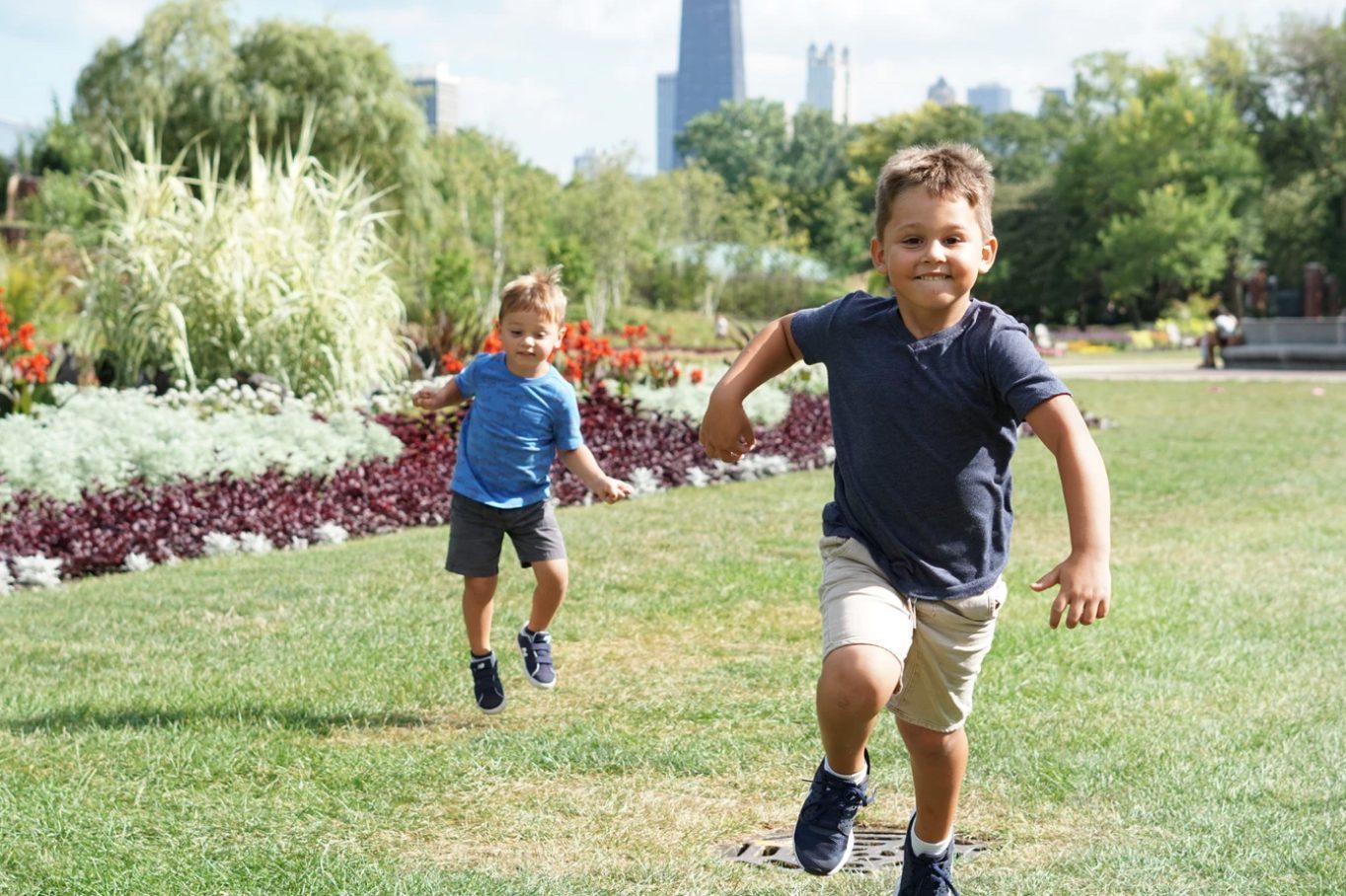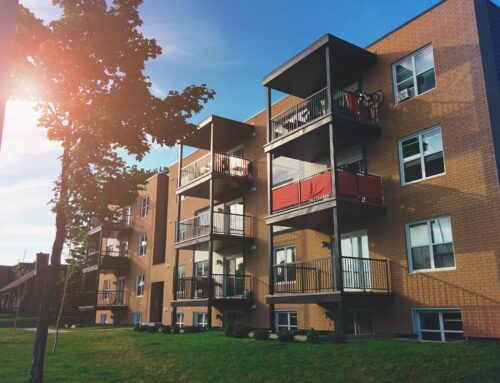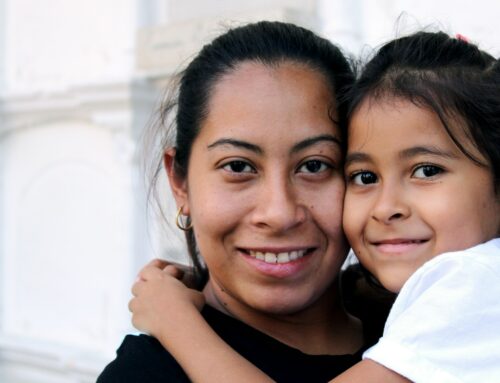Moving can be always be a challenge. But moving with kids can be a real ordeal. Every obstacle or difficulty is raised by an order of magnitude when the little ones you love the most are being moved across the globe, into new terrain and unfamiliar settings. But it is absolutely doable, and when done successfully, the results are all the more rewarding, with the family unit growing stronger and more unified than ever before.
From our decades of both professional and personal experience, moving to and from Canada, we’ve put together a few common questions and some very helpful tips to make moving with kids easier for you and your family.
What can parents do ahead of a move?
Know that no matter how and when you break the news that you are moving, most kids will initially react negatively. It’s normal. Moving is scary, disruptive and causes stress and discomfort. Choose a safe, comfortable and private space and break the news to them gently. Make sure you have a few hours free to give the children your full attention, answer their questions and be emotionally available to support them during their initial reaction. Allow them to express their fears and anger, empathize with them, and then have some age-appropriate tools to help them through their initial reaction, like some “We’re moving” type books, crayons to draw with, journals, and so on.
A next step would be to create a family move plan together. Get those long and wide rolls of paper and tape it to a wall to make an “Our Family Move adventure to…” timeline. Encourage the kids to write and draw what’s important to them and focus on the positive. Plan a going away party. Have the kids take pictures of their favorite places and dear friends. Create a scrapbook of all the important memories in preparation for saying goodbye. Have family members do research on their new city or town and create a wish list of what they want to see and do when they arrive. This will help them to visualize a happy arrival to their new home.
What should they think about when actually moving to make it a good experience for their kids?
For most relocating families, the days and months leading up to the move can be fraught with stress, emotional upset and upheaval. So turning the actual move into a fun family vacation or adventure will help start this next chapter with joy and positivity. Let’s face it, the kids did not choose to move. To overcome the feeling of powerlessness, let the kids have a big say on the transition adventure. If you’re moving overseas, try to include a stopover at a destination that the kids have been dreaming of. If you’re next city is a car drive away, plan a slow and epic road trip with the kids which will allow you all some downtime and probably some fun family nights making s’mores.
How can they handle the situation if their kids don’t want to move?
The truth is that kids rarely, if ever, want to move, so adjust your expectations accordingly. Younger children tend to worry about their “stuff” so make it clear to them that whatever is important to them (their blankie, toys, and favorite stuffed animals) is coming along with them. You can even help them to visualize their new room and how to make it even better. For older children and teenagers, they react very strongly to the loss of their friends and hobbies. Over the years we have found that taking older children along on a pre-move trip to your new town or city helps to ease the angst of the move. By involving them in the house search process and having them visit potential schools, they feel empowered and more positive about the changes ahead.
Is there anything parents can do in the new location to help their kids settle in and succeed in their new town?
In our 20-plus years of helping families move to Canada, the most important advice we give to relocating families is to start socializing immediately upon arrival. If they are moving during the summer months, sign up the kids for the local community’s day camp. Parents can accompany their kids for the first hours (or days) until they feel that their children are comfortable. Chances are the kids there are from the same community so it will be easier to get to know locals. Take the kids to the community pool or local lake. There’s something about being in water that facilitates play between children. Playing is therapeutic for children, and even more so for a child who has just moved to unfamiliar surroundings.
And if you decide to go ahead and make the move to Canada with your children, our Online Relocation Guides are filled with additional information and practical, local knowledge that can help to make your transition go a smoothly as possible.
You might also be interested in the following articles:
Photo Credit: Unsplash








Leave A Comment